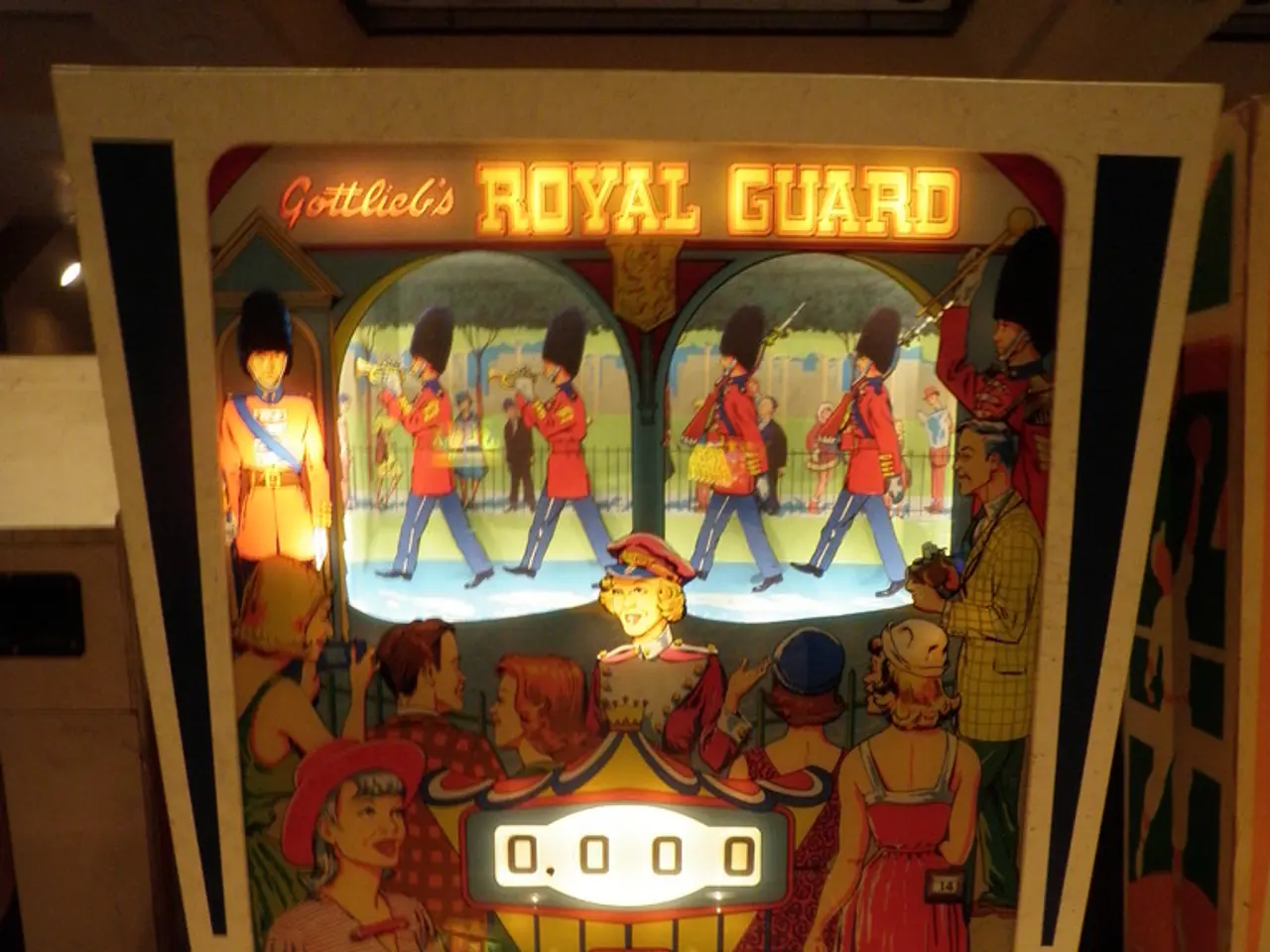Video games vanishing permanently poses significant issues
In the rapidly evolving world of digital entertainment, the closure of video games like Ubisoft's The Crew is more than just a business decision. It represents a loss of cultural heritage, a concern shared by Conkerax, a 33-year-old YouTuber who specializes in documentaries about the history, preservation, and secrets of video games.
The implications of digital games being removed from online stores are far-reaching. When games are taken down, players lose access to their purchased content, effectively losing ownership despite paying for it. This confusion between licensing and ownership rights is a significant concern, as many digital games are sold as licenses rather than true ownership.
Moreover, the erosion of game ownership rights poses a threat to gaming history and culture. Unlike physical games, digital-only games depend heavily on active servers and stores. When these go offline, games risk permanent disappearance, threatening gaming history and culture.
This raises significant concerns about video game preservation and the ability for future generations to experience digital games. The closure of the Xbox 360 store on July 29, 2024, marked a turning point in the video game industry, with Microsoft focusing on the Game Pass service. While those who had previously purchased games in physical form can still access them due to retrocompatibility implemented by Microsoft, the Xbox 360's closure is a stark reminder of the fleeting nature of digital ownership.
However, hope is not lost. Solutions to address these challenges include consumer movements like "Stop Killing Games," which advocates for keeping games playable offline after servers are shut down by pushing companies to provide offline modes or ensure longer support. Legal frameworks, such as California’s AB 2426, require digital storefronts to disclose exactly what the consumer is buying and the duration of game availability, promoting transparency and consumer protection.
Emulation and reverse engineering efforts by preservation groups and individuals also help keep games playable independently of the original online services. Some companies, like PlayStation, use "cold storage" data vaults to preserve their game history digitally for posterity. Maintaining physical copies of games in climate-controlled environments and safeguarding original hardware can help preserve games in playable form.
Community-driven preservation is another crucial aspect. Fans and independent groups archive game files, manuals, and related media, including unreleased builds, to build extensive digital libraries for future access. Conkerax, in his YouTube videos, emphasizes the importance of preserving video games, given their status as the number one cultural product in France.
Conkerax believes in the power of collective action to find solutions for preserving video games. He suggests connecting players and publishers to allow accreditation of private servers, a step towards ensuring the longevity of digital games. Microsoft has also taken steps to address the issues raised by players, discounting most games heavily and providing solutions to address the challenges.
Despite these efforts, challenges remain. The Bibliothèque Nationale de France (BNF) is having difficulties collecting and archiving video games due to their dematerialization. The terms of some video games, like TopSpin 2K25, reserve the right to shut down servers in the future. The Xbox 360's closure has caused controversy due to its store closure, with maintenance costs being the main reason.
In conclusion, the removal of digital games from online stores severely threatens the accessibility and preservation of video games. Solutions involve a combination of consumer advocacy, legal action, company initiatives, emulation techniques, and physical preservation efforts to ensure digital games remain playable and accessible over time. Conkerax, through his YouTube channel, continues to advocate for these solutions, hoping to come back with answers by the end of September.
- The closure of game stores online ignites concerns about ownership rights, as many digital games are sold as licenses instead of true ownership, making it challenging for players to access their purchased content when games are taken down.
- The erosion of game ownership rights in the digital realm poses a significant threat to gaming history and culture, as digital-only games heavily depend on active servers and stores, potentially leading to permanent disappearance when these go offline.




